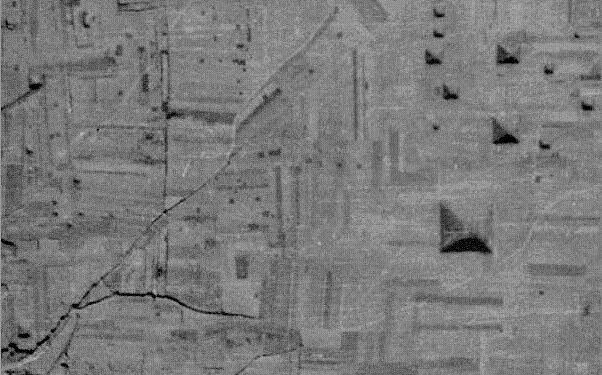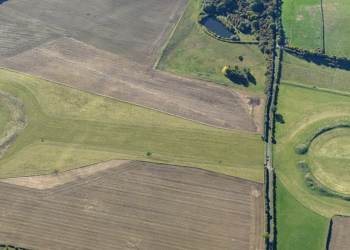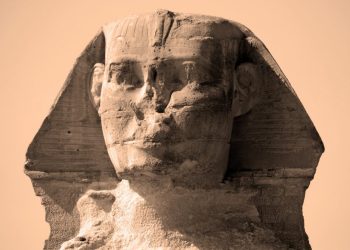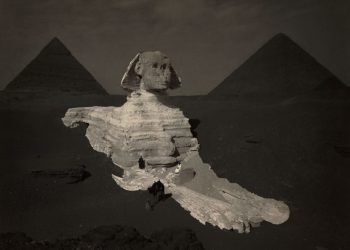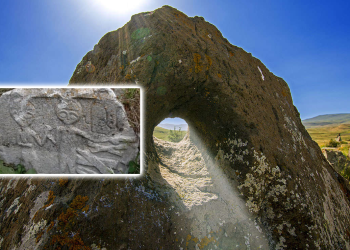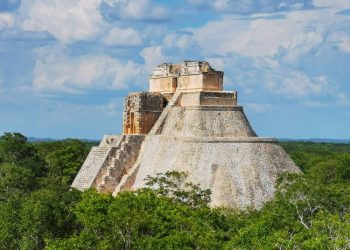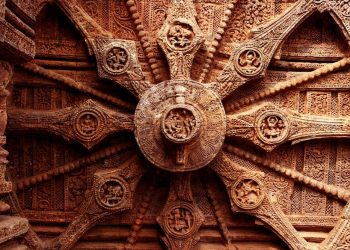The Mysterious Pyramids of Northwest China
China never ceases to captivate the world with its rich history, economic prowess, and political intrigue. One of the most enigmatic mysteries to date involves the numerous ancient pyramids hidden in northwestern China. The Chinese government has diligently concealed these monuments, leaving many unaware of their existence.
A Glimpse into China’s Pyramid Landscape
The pyramids sit near the ancient city of Xi’an in present-day Shaanxi Province, an area known for its royal burials. Unlike traditional pyramids, these structures, often covered in grass and trees, resemble massive burial grounds more than pyramidal monuments. While Western experts estimate over 40 Chinese pyramids, the Chinese government claims there are more than 400, raising questions about their historical significance.
The Enigmatic White Pyramid and Government Secrecy
The renowned White Pyramid, rumored to be 20 times larger than the Great Pyramid of Giza, stands over 1,000 feet tall. As archaeologists and scientists are barred from these sites, conspiracy theories abound regarding the government’s motives. Chinese officials cite tradition and the risk of damage as reasons for restricting access, prioritizing preservation, and respect for the dead.
Limited Excavation and Disguised Monuments
Over a century after their initial discovery, only two pyramids have been excavated. Several have been converted into national parks for tourists, though no further exploration has taken place. Many pyramid hills appear intentionally planted with trees and shrubs, hiding the secrets beneath.
The Mysterious Alignment of China’s Pyramids
Although the exact locations of all Chinese pyramids remain unknown, modern technologies and satellites have revealed dozens of them. Intriguingly, these pyramids are divided into two distinct alignments: one group aligns perfectly with the cardinal directions, while the other deviates 14 degrees from true North. This suggests that ancient Chinese astronomers may have calculated the future position of the North Star to achieve precise alignment thousands of years later.
Have something to add? Visit Curiosmos on Facebook. Join the discussion in our mobile Telegram group.



